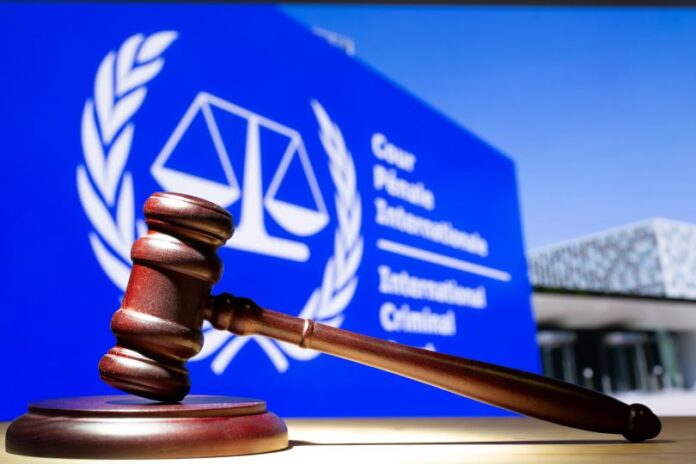War is often accompanied by misinformation, disinformation, and propaganda, with conflicting sides trying to control the narrative to suit their objectives. The conflict in the Middle East, especially in Israel and Palestine, is no exception to this trend. In this article, I aim to address some common misconceptions about the International Criminal Court (ICC) and its investigation into the situation in Palestine.
First and foremost, there is a debate about jurisdiction. Some countries, including Israel and the United States, question the ICC’s jurisdiction over Israeli officials. They argue that since Israel is not a member of the ICC, the court cannot investigate its citizens. On the other hand, it has been suggested that the ICC can have jurisdiction over Palestinians but not Israelis. These claims are false.
Since 2015, Palestine has been recognized as a member-state of the ICC, granting the court jurisdiction over both Israeli and Palestinian individuals. The ICC initiated a preliminary examination into the situation in Palestine in 2015, and in 2021, judges confirmed the prosecutor’s jurisdiction over Gaza, the West Bank, and East Jerusalem. This led to an official investigation into the situation in Palestine.
Due to Palestine’s status as a state before the ICC, the court can investigate any Palestinian citizens regardless of where the atrocities occurred. The ICC also has jurisdiction over any crimes committed on Palestinian territory, irrespective of the nationality of the perpetrators. This means that the ICC can investigate crimes by Hamas in Israel and Israeli officials for atrocities in Gaza and the West Bank, despite Israel not being an ICC member-state. Any contrary claims are not only inaccurate but also hinder accountability in a situation filled with allegations of war crimes and other serious offenses.
Additionally, Israeli leaders have claimed that the ICC is biased against Israel. However, the ICC focuses on individual accountability for international crimes, and targeting specific officials does not reflect a bias against the state. The ICC has had opportunities to investigate Israeli actions but has chosen not to do so in various instances. This indicates that the court is not inherently biased against Israel.
There are arguments that the ICC should refrain from investigating Israeli officials due to Israel’s robust judicial system. However, the ICC operates on the principle of complementarity, meaning that if a state is capable of genuinely investigating and prosecuting individuals for international crimes, the ICC may deem cases inadmissible. Israel has not taken action against its leaders for crimes in Gaza and the West Bank, demonstrating a lack of genuine investigations and prosecutions, thus making ICC intervention warranted.
Concerns have been raised about the ICC’s impact on peace negotiations, but given the lack of progress towards peace between Israel and Palestine, the pursuit of justice should not be seen as an obstacle to peace. Genuine accountability is essential for both Israeli and Palestinian victims. It is time for states to support the ICC, not because it is flawless, but because it offers a semblance of justice for those who have suffered for too long.






